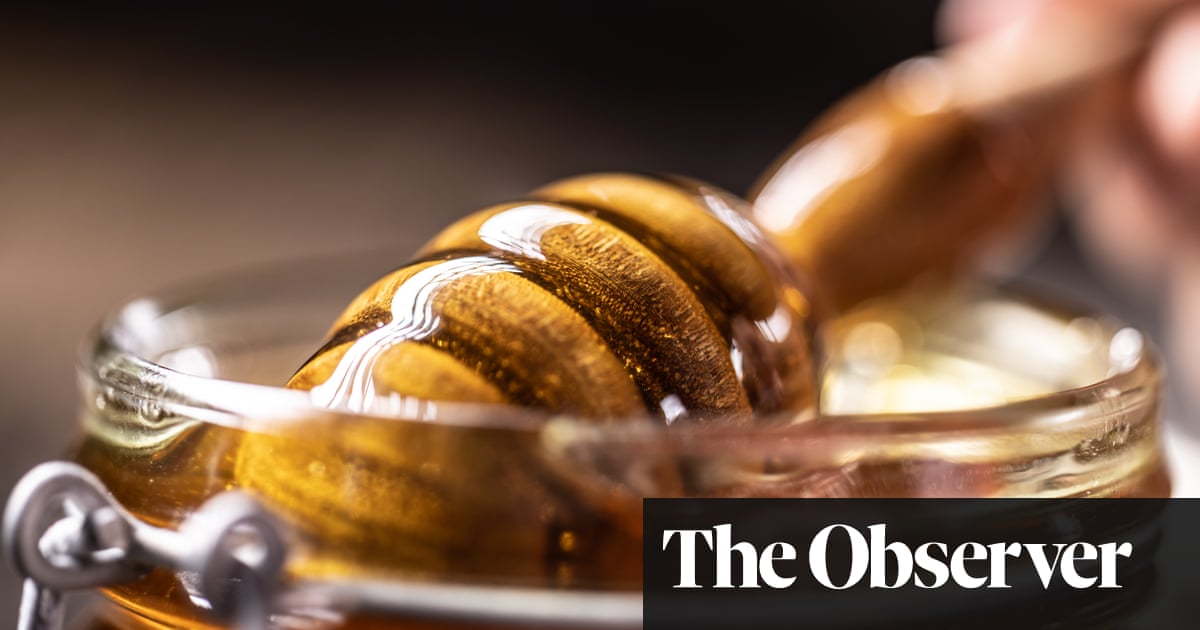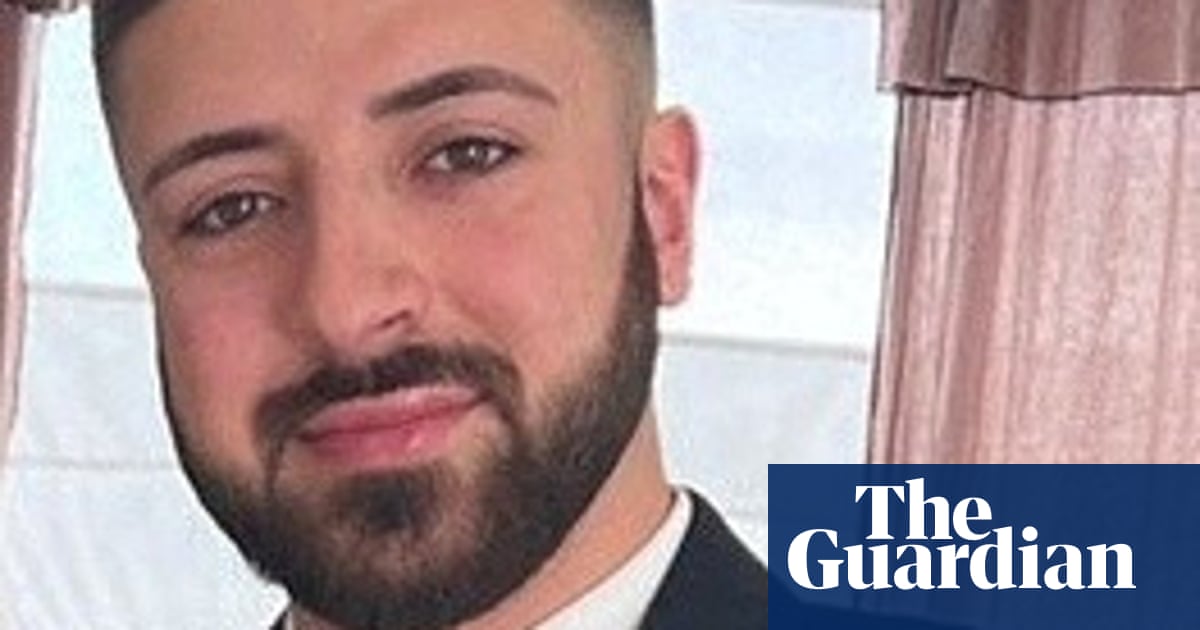The World Beekeeping Awards will not award a prize for honey next year after warnings of widespread fraud in the global supply chain.
Apimondia, the International Federation of Beekeepersâ Associations, says it will showcase honey from around the world at its congress in Denmark, but for the first time make no awards for the product.
The decision came as beekeepers and importers face a mounting crisis over the scale of fraud, with warnings that genuine products are bulked out with cheaper sugar syrup. Some common tests to detect fraud can easily be defeated, and beekeepers say there has been a failure by food watchdogs and the industry to combat the fraudsters.
Apimondia said in a statement: âWe will celebrate honey in many ways at the congress, but honey will no longer be a category, and thus no honey judging, in the World Beekeeping Awards. This change to remove honey as a category was necessitated by the inability to have honey fully tested for adulteration.â
The awards are typically held every two years at the congress, attended by thousands of beekeepers, scientists and industry representatives. Dozens of entries in recent honey competitions have been rejected because adulteration was suspected.
About 45% of honeys were rejected at the awards in Montreal in 2019 for a variety of reasons, including suspected adulteration. At the Istanbul congress in 2022, 39 out of 145 honeys were withdrawn for suspected adulteration. The awards also has other categories, which will still be judged at next yearâs competition, including beeswax, mead, innovation and publications.
Jeff Pettis, the federationâs president, says the first laboratory tests for honey were introduced for the 2019 awards. Honeys which were excluded were replaced with a card stating: âThis exhibit has failed laboratory analysis and cannot be judged further.â
There were logistical challenges for the competition in authenticating entries and in border controls, he said. The Copenhagen congress in September 2025 would highlight the damage being done to beekeepers around the world by fraud.
He said: âWe are continuing to fight for improvements to the testing. We want the public to know that local honey is much less likely to be adulterated. The beekeepers get their name on it and can stand behind it.â
He said there was widespread adulteration in cheaper commercial honeys. The fraud can occur at any point of the supply chain, with many importers and retailers unwittingly trading in fake honey.
An EU investigation published last year found 46% of imported sampled products were suspected to be fraudulent, including all 10 from the UK. Samples used in October by the UK branch of the Honey Authenticity Network for a novel form of DNA testing found that 24 out of 25 jars from big UK retailers were suspicious.
China is the worldâs biggest producer of honey, but experts say it can be fraudulently blended with cheaper sugar syrup. The UK is the worldâs biggest importer of Chinese honey, with more than 39,000 tons imported last year.
Bernhard Heuvel, president of the European Professional Beekeepers Association, said there was overwhelming evidence of fraud in the supply chain. âItâs just unbelievable if the world organisation for all beekeepers cannot guarantee the authenticity of honey. The scale of this fraud is huge.â
Dale Gibson, co-founder of Bermondsey Street Bees, which has hives in and around London, said the UK should require importers to label the country of origin on all honey, including blends. He said: âWe have to give consumers information at the point of sale that they can act on.â
Importers in the UK have rejected as unreliable the hundreds of tests commissioned by campaigners and investigators on British-sold honey that suggested adulteration. Regulators in the UK have not published detailed results of official tests, but rejected claims of significant fraud.
An assessment of food crime published by the Food Standards Agency (FSA) in September said it was âunlikely that adulterated honey is broadly present on the UK marketâ, but recognised the âcomplexitiesâ in making the judgment.
Enid Brown, director of the World Beekeeping Awards, said: âThe UK government needs to wake up to this problem of adulteration of imported honey. Until the government starts official tests on honey and publishing the results, we are never going to win.â
A spokesperson for the Department for Environment, Food and Rural Affairs (Defra) said: âWe take any type of food fraud very seriously. There is no place for adulterated honey which undermines consumer confidence and disadvantages responsible businesses acting within the law.
âWe work closely with enforcement authorities to ensure that honey sold in the UK is not subject to adulteration, meets our high standards, and maintains a level playing field between honey producers.â
Andrew Quinn, head of the FSAâs National Food Crime Unit, said: âWe are working closely with Defra and other government colleagues to develop conclusive testing that will be able to establish the authenticity of honey on sale.â



